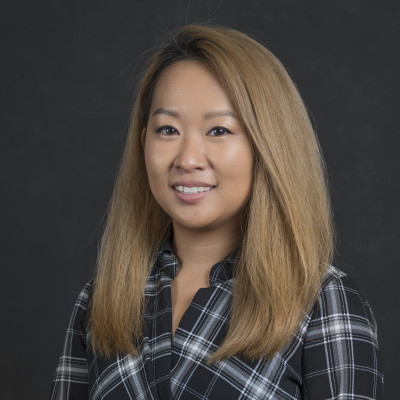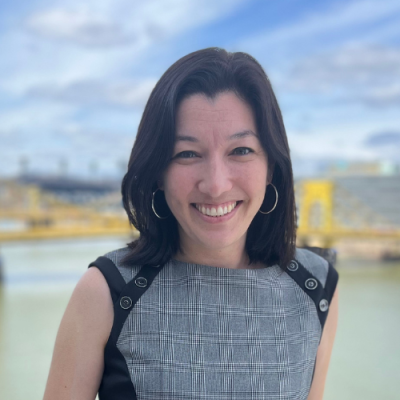Sessions / Pecha Kucha (Onsite)
Any Last Requests? #3596
This pecha kucha presentation is extemporaneous and based on audience suggestions about TESOL. The presenter asks the audience about topics at the conference they wanted to hear but didn’t get a chance to hear about. Key words will be put on a whiteboard or in a small notebook. The presenter has pecha-kucha slides prepared – 20 slides timed at 20 seconds each – but does not know in advance what topics will be requested. With the topics suggested, the presenter begins the presentation, addressing topics from the audience while connecting them to pecha kucha slides prepared in advance. The pictures may inspire connections or word choice while the presentation occurs. The pictures themselves will be simple, appropriate for public viewing, but unrelated to TESOL or other related fields. The presentation lasts six minutes and 40 seconds. The goal is that those in attendance see the topics suggested in a more creative, connected, and entertaining light.
What Makes Reading Hard Besides Vocabulary and Grammar? Parsing Long Sentences #3659
In classrooms a fair amount of time is given towards top-down activities: i.e. activating schema. Yet as Swan and Walter point out (2017), comprehension difficulties are likely the result of bottom-up deficiencies. One of which, needed for the Korean College Entrance Exam (SAT), is parsing long sentences with multiple clauses and/or multiple verbs and nouns. Sentence Diagramming is a rather old-fashioned method of teaching grammar to native speakers. It is sometimes used in Korea today. A search on https://academic.naver.com/ reveals nothing specific to learners in Korea. This makes one wonder: is sentence diagramming a waste of time?
In my experience, diagramming helps students but as with any method, there are limitations. This pecha-kucha discusses how diagramming can help students, which students it can help, and what skills it can help improve. This pecha-kucha also discusses its pedagogical limitations as a method.
Virtual International Trips: Promoting Cross-Cultural Learning and Global Citizenship at Home #3502
With international travel disrupted during the COVID-19 pandemic, the Graduate School of Education and Psychology (GSEP) at Pepperdine University developed virtual international trips to uphold its commitment to global leadership and change. Building off years of successful international travel, faculty and instructional designers collaborated to create synchronous and asynchronous online experiences intended to simulate on-ground itineraries. Follow the entire design process from iteration through implementation, explore the projects’ challenges and successes, and experience the highlights of this unique virtual learning journey. Importantly, see how intercultural perspectives and GSEP’s six filters of analysis are incorporated throughout to promote global awareness and authentic collaboration.



